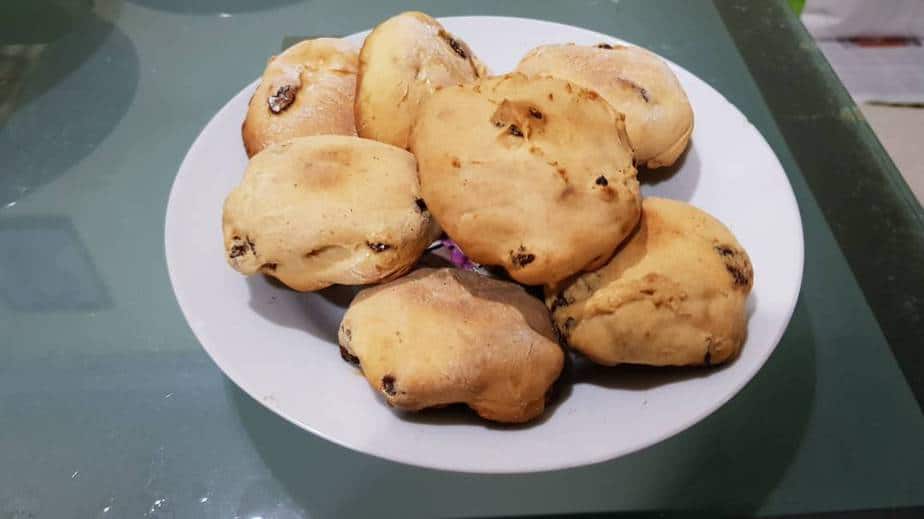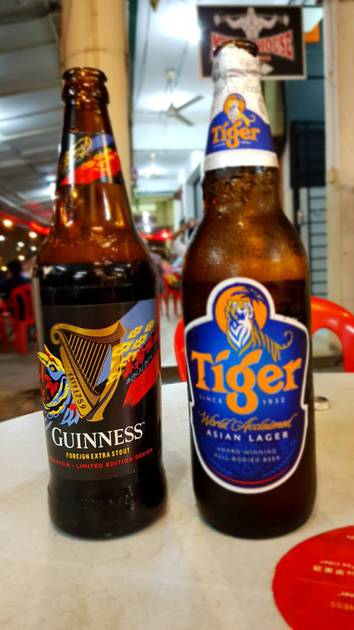For years, I’ve felt that ‘inflamed’. I wasn’t diagnosed with any disease but I didn’t feel well. My skin was dry and dull. My eyes were dry and itchy. I would have food sensitivities that cause me to break out in rashes or hives. And no matter how much I slept, I never felt refreshed. In fact, I don’t remember ever feeling refreshed in my adult life.
In my search for wellness, I came across this concept of ‘leaky gut’. Even though, just like adrenal fatigue, ‘leaky gut’ was not a recognized medical diagnosis, the concept made sense to me.
What is a ‘leaky gut’?
A properly functioning gut allows nutrients to be absorbed through it but doesn’t allow anything else to pass through. In essence, a leaky gut is a damaged small intestine that allows toxins, micro-organisms, undigested foods and other ‘bad stuff’ to leak into the blood stream as well.
The lining of the gut is made up of single cells that form villi – tiny finger-like projections throughout your small intestines. These villi provide the surface area to absorb nutrients as your digested food and other mush pass through your small intestine. However, in the case of a damaged small intestine i.e leaky gut, these villi are flattened. This results in less nutrients being absorbed.
This study looking at leaky gut and autoimmune diseases will give you a more in-depth understanding of leaky gut.
What causes leaky gut?
Zonulin
Zonulin is a protein that is made by your gut and liver cells. This protein regulates intestinal permeability i.e decides on what gets through the gut lining.
Research shows that higher levels of this protein may increase intestinal permeability.
The two main factors that triggers the release of zonulin are:
Gluten
This worrying study indicates that most people, not just people with active celiac disease, have a degree of increased gut permeability after eating gluten-containing grains.
I’m pretty bummed that I can’t have any of these anymore.

These healthy gluten-free snacks help keep you off gluten.
Imbalance of gut microbiome
The composition of your intestinal microbiota have been found to be the biggest cause of high zonulin release.
Imbalance of gut microbiome (gut bacteria)
Imbalances in gut microbiota can also trigger the body’s immune response. This results in gut inflammation and increased gut permeability.
Low-fiber diet
In this mouse study, they colonized the mice gut with human gut microbiota and found that during cronic or intermittent dietary fiber deficiency, the gut bacteria ate the mice gut mucus glycoprotein instead. This led to an erosion in the colonic mucous barrier that serves as another layer of gut protection.
Stress
Stress can induce a change in your gut microbiota.
Alcohol
Booze can affect the quality and quantity of your gut microbiota. These bad bacteria in turn, increase gut permeability. Researchers found this out by giving mice alcohol for 8 weeks and confirming that they had gut inflammation. They then gave them antibiotics and found that gut permeability was restored when these bad bacteria were killed.
Lectins
Lectins refer to this big family of carb-binding proteins found in plants and animals. Plant lectins function as the plants’ security guards, protecting them against insects and herbivors that want to eat them.
Some plant lectins are toxic and can cause harm when eaten in excess. But the good news is that they are easy to get rid off by cooking.
Although nearly all foods contain a certain amount of lectins, only about 30% of common foods contain an amount high enough to cause harm to us.
Legumes, beans, soybeans, seeds and nuts contain the most lectins, followed by grains and plants in the nightshade family (tomatoes, bell peppers, potatoes and eggplant)
Cooking at high temperatures and for a longer period of time destroys lectin activity, making these high lectin foods safer to eat.
However, many lectins are inflammatory and can resist cooking and digestive enzymes.
These are some ways to continue eating the foods you like but reduce the amount of lectins you consume:
Tomatoes
Boil them at high temperatures and remove the skins before eating.
Beans
Boil them on the stove. Don’t use a slow cooker as the slow, low simmering heat will not remove any lectins.
Bell peppers and cucumber
Deseed them as lectins are found mostly in the skin and seeds in the nightshade family.
Potatoes
Potato lectins are more resistant to heat compared to beans. You can chill potatoes after cooking and reheat them later for a ‘double cook’. Peel the skin.
Never eat a green potato.
Grains
Grains include wheat, barley, rye, corn, millet, oats, sorghum, spelt, teff, bran, germ, brown rice, white rice and wild rice.
Pseudo-grains are quinoa, buckwheat, amaranth, chia seeds
Bread also contains gluten which we know is inflammatory.
A plant’s mission is to pass on its genes, which reside in the seed. Because plants can’t move around, it relies on animals to carry its seeds further away so there is no competition in the local neighborhood.
Therefore, by law of nature, a seed is designed to withstand digestion and comes out whole in the animal’s poop to be planted on a different soil. The defence mechanism these seeds have to protect themselves can potentially harm us.
NSAIDS
Long-term use of nonsteroidal anti-inflammatory drugs (NSAIDs), such as aspirin and ibuprofen, may increase intestinal permeability.
Stress
Stress is a tricky one, because everyone has stress. Acute stressors like a burn injury can definitely cause increased gut permeability. But the chronic low-grade stress that affects all of us and depression can provoke an inflammatory response in our body, affect our food choices and therefore, our gut flora.
Learn how to manage stress and depression naturally.
To wrap up
‘Leaky gut’ might not be an widely-accepted medical diagnosis but thanks to our awesome modern diet, I think it affects all of us to one degree or another.
Find out how you can heal your leaky gut.

Pingback: How to heal your leaky gut
Pingback: What foods trigger seborrheic dermatitis?